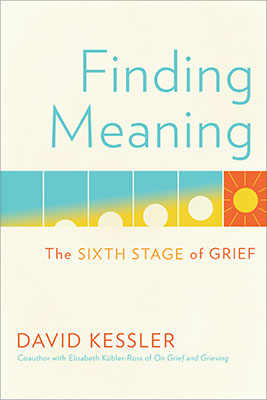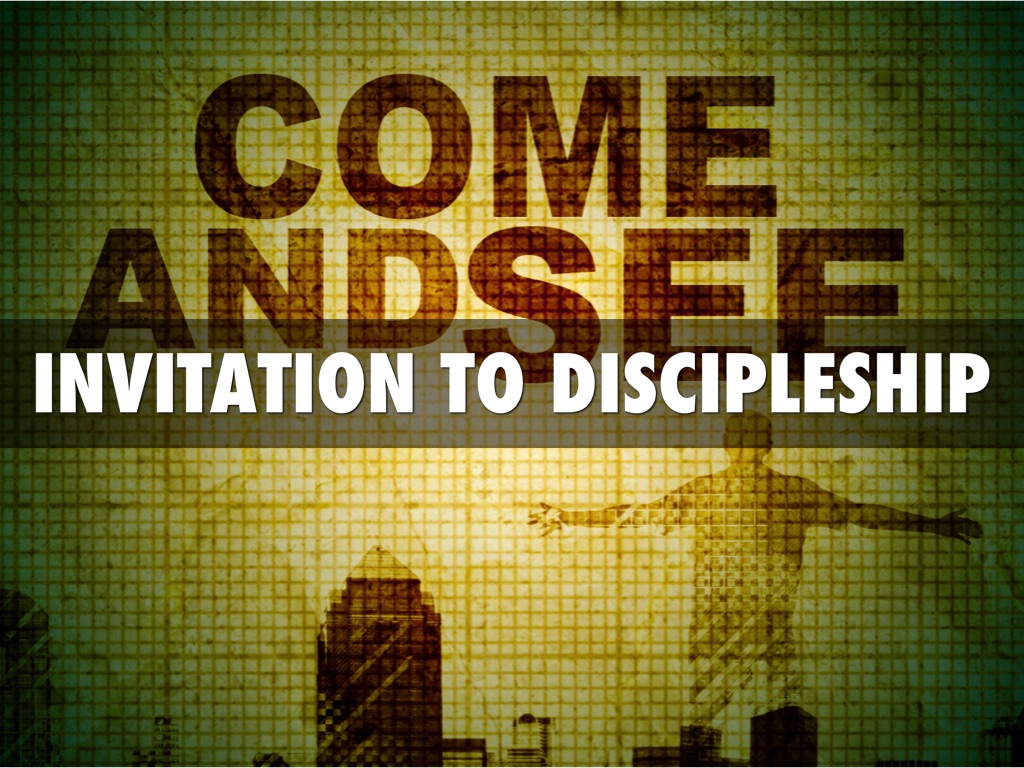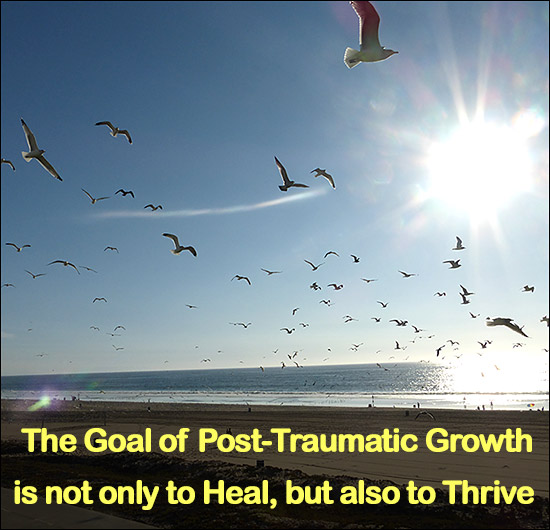
Old Testament
The Hebrew verb palal means “to pray,” or “to intercede.” It comes from the root, pll, which carries the idea of “intervening” or “interposing.” One who prays “interposes” himself or herself between God and some other thing, condition, or person. The Bible assumes that people will pray to their God, since they are dependent upon Him for everything (our sin makes prayer even more of a necessity). The power of prayer is simply amazing because it changes not only the world, but also the person praying. It touches not only the supplicant, but also the very heart of God. During Solomon’s dedication of the Temple, Solomon spoke of the power of prayer (2 Chr. 7:13–16). Through prayer (palal), people who are called by the Lord’s Name can move God to hear them, forgive them, and heal them and also their land. Prayer must be accompanied by humility—a serious search for God and a genuine rejection of evil. Only if these attitudes and actions are present will prayer be heard—and only when this kind of attitude accompanies prayer will it be effective. Abraham prayed for Abimelech with this attitude, and God heard him (Gen. 20:7). Moses prayed for the people of Israel (Num. 21:7), and God heard him. Hannah prayed to have a child, and God heard her (1 Sam. 1:19, 27). Elisha prayed for his servant, and God heard him (2 Kgs. 6:17–18).[1]
New Testament
All believers want to know how to pray effectively. The place to begin is with Christ’s teaching and example. Christ’s dependence on His Father expresses itself in repeated prayer, culminating in His prayer after the last supper and the agony of Gethsemane, followed by His prayer from the cross (John 17). The parables on “prayer” (proseuchē in Greek) are another important source of Christ’s teaching. These parables emphasize persistence (Luke 18:1–8), tenacity (Luke 11:5–8), simplicity and humility (Luke 18:10–14). A significant source of teaching about prayer is the Lord’s Prayer (Matt. 6:9–13). The requests given in the Lord’s Prayer are concerned first with God, His kingdom and His glory[2]
Shepherds Advantage provides Servant Leadership that helps people close the gap between where they are and where they want to be. Shepherds Advantage closes that gap by providing Leadership Development, Key Note Speaking, and Executive Coaching.
[1] Carpenter, E. E., & Comfort, P. W. (2000). In Holman treasury of key Bible words: 200 Greek and 200 Hebrew words defined and explained (p. 138). Nashville, TN: Broadman & Holman Publishers.
[2] Carpenter, E. E., & Comfort, P. W. (2000). In Holman treasury of key Bible words: 200 Greek and 200 Hebrew words defined and explained (p. 364). Nashville, TN: Broadman & Holman Publishers.







